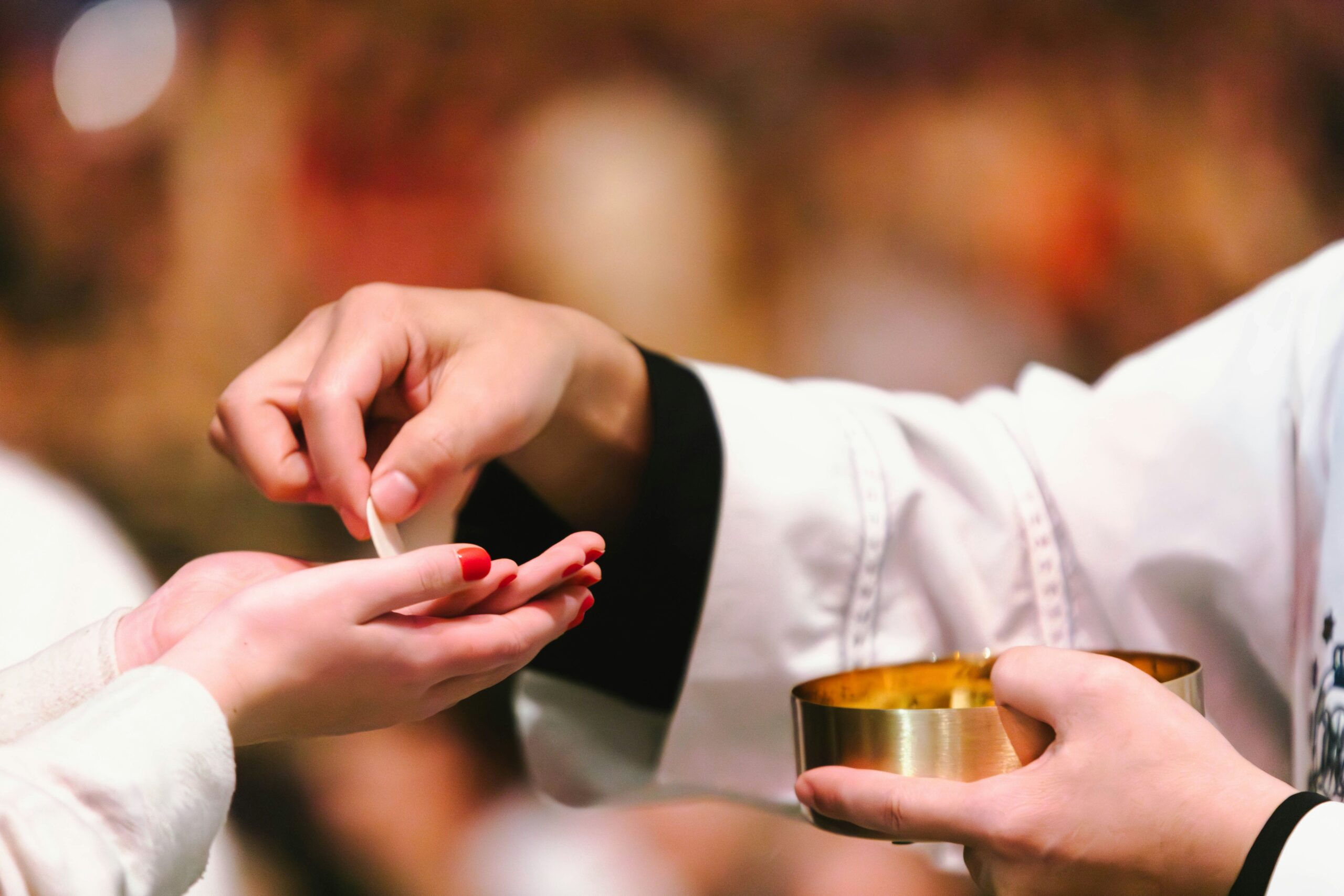The phrase “golden light gratia the child loved by God” evokes a sense of divine affection and purity. This article explores the meaning behind this phrase, delves into its spiritual significance, and examines how it resonates with many in various cultures. We will also highlight examples and expert opinions that illuminate this concept.
Understanding the Phrase
Breaking Down the Components
- Golden Light: Often associated with warmth, positivity, and enlightenment, golden light symbolizes hope and divine presence. Many cultures depict divine experiences using the imagery of golden light, suggesting a connection between the divine and humanity.
- Gratia: This Latin term means grace. In religious contexts, grace refers to the unearned favor of God toward humankind. It embodies the idea that love and acceptance are offered freely, without conditions.
- The Child Loved by God: This phrase represents innocence and purity. Children, often seen as embodiments of divine love, remind us of our connection to the divine. In many religious texts, children are revered as sacred beings deserving of protection and love.
Together, “golden light gratia the child loved by God” encapsulates a profound spiritual message about love, purity, and divine grace.
Spiritual Significance
Universal Themes of Love and Acceptance
Throughout history, many spiritual traditions emphasize the importance of love and acceptance. For instance, in Christianity, Jesus often spoke of children, saying, “Let the little children come to me, for the kingdom of God belongs to such as these” (Mark 10:14). This illustrates how children are not only loved by God but also embody the qualities necessary to enter the kingdom.
In Hinduism, the child-like innocence is often celebrated. The tales of Krishna, for instance, depict a playful, innocent child who represents divine love and joy. Such narratives reinforce the belief that children, through their purity, have a unique relationship with the divine.
Psychological Insights
According to child psychologist Dr. Sarah Miller, “Children naturally embody grace and love, which often gets overshadowed by societal pressures as they grow.” Dr. Miller’s research highlights how nurturing a child’s natural inclinations toward kindness and empathy can strengthen their spiritual and emotional development.
Cultural Reflections
Celebrating Innocence Across Cultures
Many cultures celebrate the innocence of children through festivals and rituals. For example, in Japan, the Shichi-Go-San festival honors children aged three, five, and seven, recognizing their innocence and importance in society. This celebration illustrates how different cultures recognize and celebrate the divine qualities of children.
Artistic Representations
Art has long served as a medium to express the themes of divine love and childlike innocence. Renowned painter William-Adolphe Bouguereau’s work often portrays children bathed in golden light, symbolizing their closeness to God. Such depictions evoke a sense of nostalgia and reverence for childhood.\

The Role of Faith Communities
Nurturing the Innocence
Faith communities often play a crucial role in nurturing children’s spiritual development. Churches, temples, and synagogues offer programs designed to help children understand their inherent worth and the love of God. For instance, many Sunday schools focus on storytelling to instill values of love and kindness in young minds.
Outreach Programs
Organizations such as Compassion International work to support children in need around the world. By focusing on the most vulnerable, these programs reflect the divine love emphasized in many religious teachings. Statistics show that such initiatives significantly improve children’s lives, offering them opportunities they might not otherwise have.
| Statistics on Child Outreach Programs |
|---|
| Number of Children Supported: 2 million+ |
| Countries Involved: 25+ |
| Average Improvement in Education: 30% |
| Reduction in Child Poverty: 20% |
This table illustrates the impact of outreach programs that embody the principles behind “golden light gratia the child loved by God.”
Personal Stories
Real-Life Examples
Many individuals have shared their experiences of feeling a divine connection through their relationships with children. For instance, Maria, a volunteer at a local orphanage, recounts how a child’s smile brought her a sense of peace and joy, making her feel enveloped in golden light. Stories like Maria’s emphasize the profound impact children can have on our lives, reminding us of the grace and love they embody.
Conclusion
In conclusion, “golden light gratia the child loved by God” encapsulates a powerful spiritual message about love, grace, and the innate purity of children. Across cultures and religions, this theme resonates deeply, reminding us of our connection to the divine through innocence and love. By nurturing this aspect in children, we not only support their spiritual development but also contribute to a more compassionate world. As we move forward, let us carry the golden light of gratitude and love into our daily lives.
FAQs
- What does “golden light” symbolize? Golden light symbolizes warmth, positivity, and divine presence in many cultures.
- Why is grace important in spirituality? Grace represents the unearned love and favor of God, emphasizing unconditional acceptance.
- How do children embody divine qualities? Children represent purity, innocence, and love, often reminding adults of their own spiritual connections.
- What role do faith communities play? Faith communities nurture children’s spiritual growth through educational programs and outreach initiatives.
- How can we support vulnerable children? Supporting outreach programs can significantly impact the lives of vulnerable children, providing them with necessary resources.
- What artistic representations exist of children and divine love? Many artists, like Bouguereau, depict children in golden light, symbolizing their divine connection and purity.

